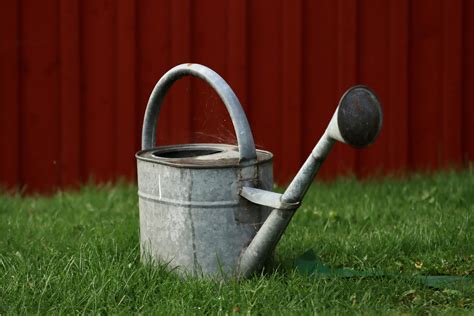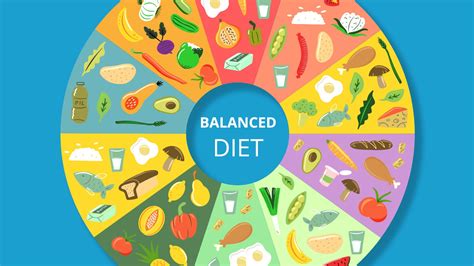Beyond general healthy eating, what specific nutrients or foods are most recommended for men interested in supporting prostate health?

Targeted Nutrition for Prostate Vitality
While a generally healthy diet forms the bedrock of overall well-being, men seeking to specifically support prostate health can benefit immensely from focusing on certain key nutrients and food groups. Beyond the usual advice, targeted dietary choices can play a crucial role in maintaining prostate vitality and potentially reducing the risk of common issues.
Lycopene: The Red Powerhouse
Perhaps one of the most well-researched nutrients for prostate health, lycopene is a powerful antioxidant found predominantly in red and pink fruits and vegetables. Its efficacy is particularly noted when consumed from cooked tomatoes, as heat processing makes lycopene more bioavailable to the body. Studies suggest that a diet rich in lycopene may help reduce the risk of prostate cancer and slow the progression of benign prostatic hyperplasia (BPH).
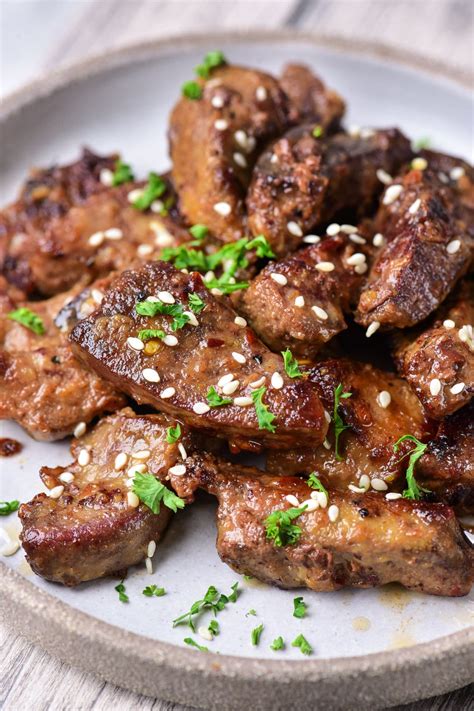
Omega-3 Fatty Acids: Inflammation Fighters
Chronic inflammation is a known contributor to many diseases, including prostate issues. Omega-3 fatty acids, particularly EPA and DHA found in fatty fish, are renowned for their anti-inflammatory properties. Incorporating these healthy fats into your diet can help mitigate inflammation in the prostate gland.
Plant-based sources like flaxseeds, chia seeds, and walnuts also provide alpha-linolenic acid (ALA), which the body can convert into EPA and DHA, albeit less efficiently.
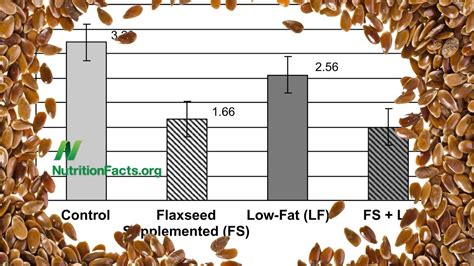
Essential Minerals: Zinc and Selenium
Two trace minerals stand out for their role in prostate health: zinc and selenium. Zinc is found in high concentrations in the prostate gland, where it plays a critical role in cellular function and immune response. Adequate zinc intake is thought to help protect prostate cells from damage.
Selenium, another potent antioxidant, has been linked in some studies to a reduced risk of aggressive prostate cancer. However, it’s crucial to consume selenium in moderation, as excessive intake can be harmful.
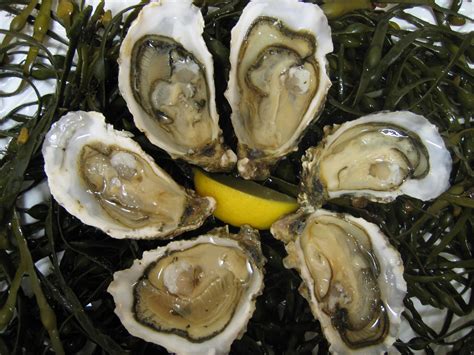
Cruciferous Vegetables: Nature’s Protective Shield
Vegetables like broccoli, cauliflower, Brussels sprouts, and kale are powerhouses of compounds such as sulforaphane and indole-3-carbinol. These compounds have been extensively studied for their anti-cancer properties, including their ability to detoxify carcinogens and induce apoptosis (programmed cell death) in cancer cells.
Making these vegetables a regular part of your diet is a strategic move for prostate protection.
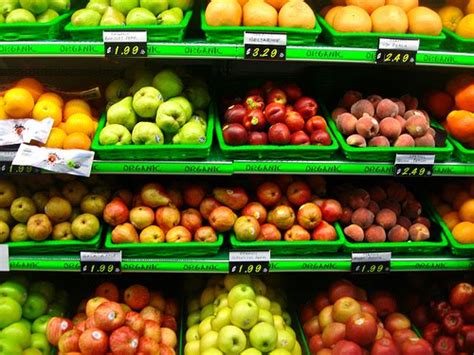
Green Tea: Antioxidant Brew
Long lauded for its health benefits, green tea contains potent antioxidants called catechins, especially epigallocatechin gallate (EGCG). Research suggests that EGCG may inhibit the growth of prostate cancer cells and reduce inflammation. Regular consumption of green tea can be a simple, enjoyable way to add another layer of protection.

Holistic Approach and Professional Guidance
While no single food or nutrient is a magic bullet, a consistent focus on these specific dietary components, combined with a generally healthy lifestyle, can provide significant support for prostate health. Always remember to consult with a healthcare professional or a registered dietitian before making significant changes to your diet, especially if you have existing health conditions or concerns about prostate health.
